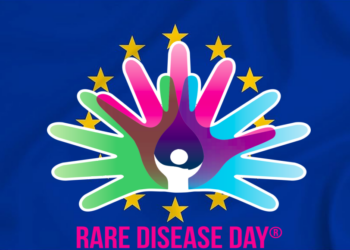Brussels – Too little research and prevention, too many inefficiencies, and too many deaths that could be prevented: with farsightedness and the right policies, there could be at least 109,000 fewer deaths each year. European healthcare that is not there, and it doesn’t have to be this way. The matter is up to Member States according to the Treaties, but more EU clout could help rewrite, for the better, a story that up to now has been worthy of a horror movie. The number of cancer victims could even be almost reduced to zero if only there were a shared control room. One example is the number of cervical cancer victims: 27 per million population in 2019, and 91 percent of these deaths could have been averted with better prevention. It is one of the costs of non-Europe in health, put black and white by the European Parliament’s Center for Studies and Research in the study dedicated to the topic. What about colon cancer, which accounted for 311 deaths per million population in the EU in 2019, the second most common type of neoplasm in the region? According to estimates, 60 percent of deaths could have been avoided. Again, through prevention alone, the number of lung cancer deaths could have been almost halved (-47 percent) (509 deaths per million population in 2019).
For women alone, over one in three breast cancer patients could have been saved if the European Union had an adequate preventive health care system. Europe’s numbers are these. All in all, the paper complains, these inefficiencies in screening practices could account for up to an estimated 1.6 million deaths, of which about a quarter of a million are due to cancer.
Something, slowly, is moving, however. The European Parliament has called for and supported an EU strategy to fight cancer that can turn a failure into a success story. Considering it is up to individual countries, the problem is at the member state level. Undoubtedly, “inefficiencies across Member States in preventive healthcare can contribute to lower screening rates and worse health outcomes.” Health malpractice should be tackled, and, at the same time, healthcare spending should not be cut: these are the messages implicit in the paper on the costs of non-Europe in health care.
Why a greater European role, then? “In total, inefficient procurement and prevention across Member States could be responsible for about 2.1 million deaths in the EU. Assuming a stronger EU role can reduce inefficiencies by 5 percent, it could be possible to save 109 000 lives” each year, the study says.
At the EU level, spending could be allocated towards prevention. So far, the approach is to invest when you think it is really needed, i.e., when the disease is acquired. In 2019, about 2.9 percent of average EU health spending was allocated to preventive health care, increasing to about 6 percent in 2021 due to the COVID-19 pandemic. Spending on preventive health care is low compared to curative and rehabilitative care, which accounted for more than half of the average EU healthcare spending (53 percent) in 2019 and 2021.








